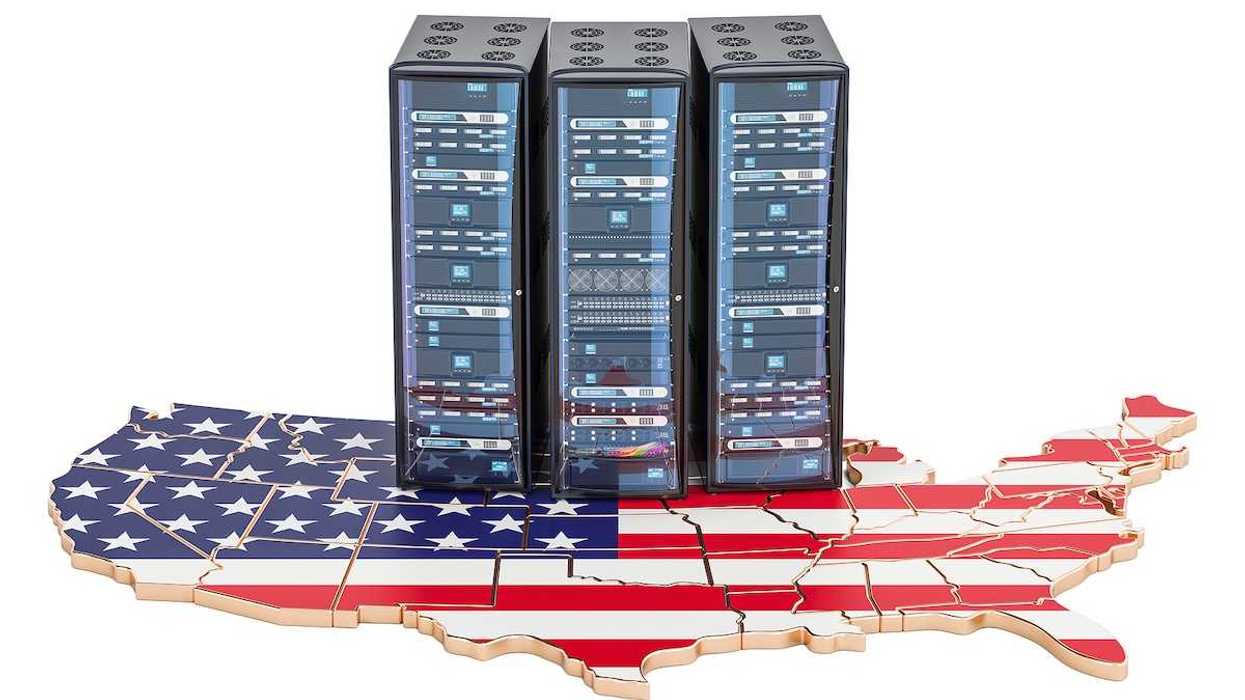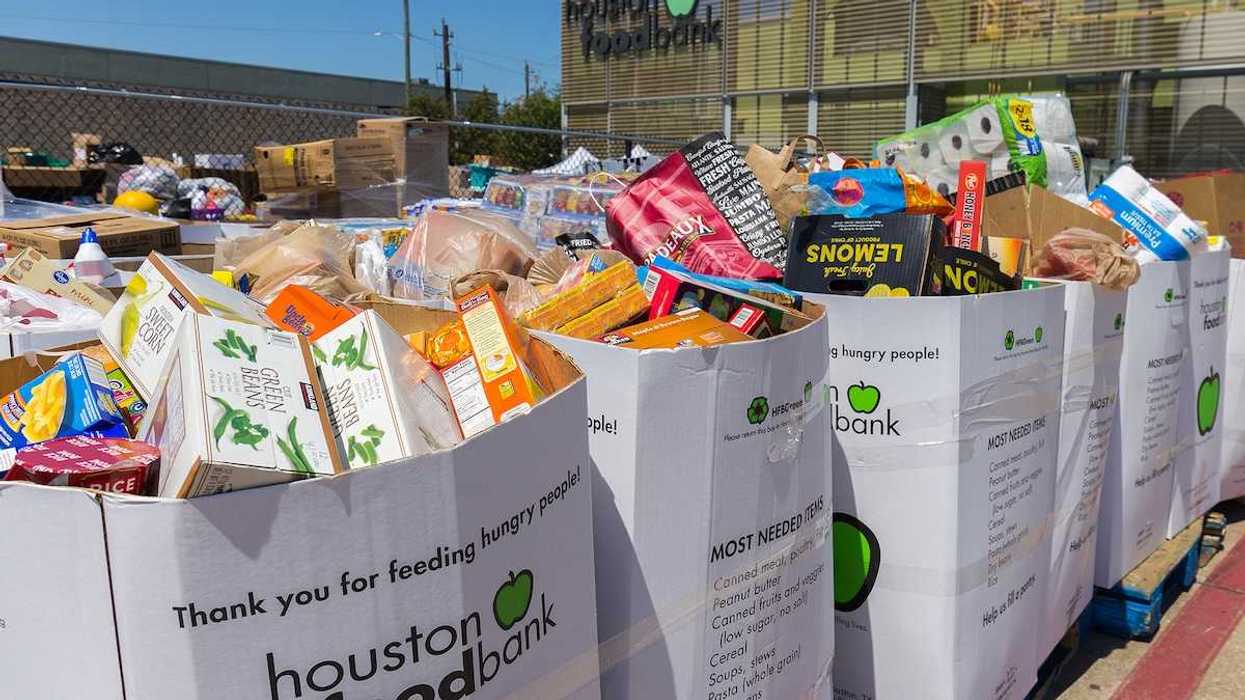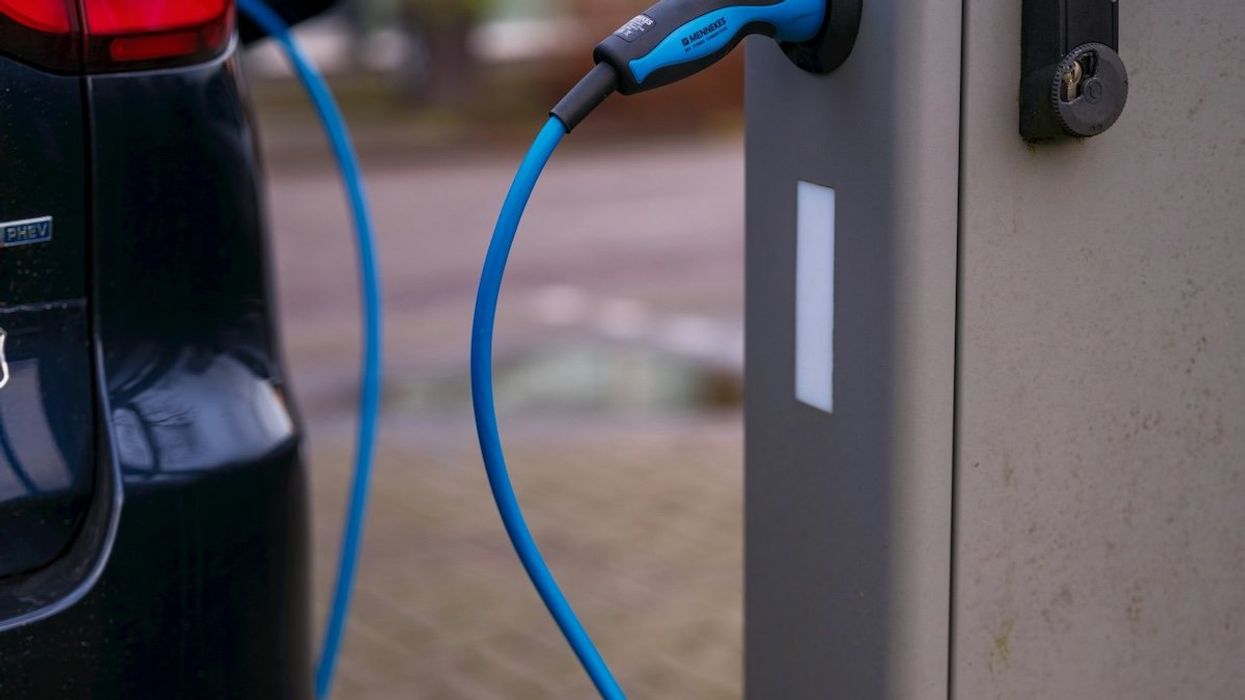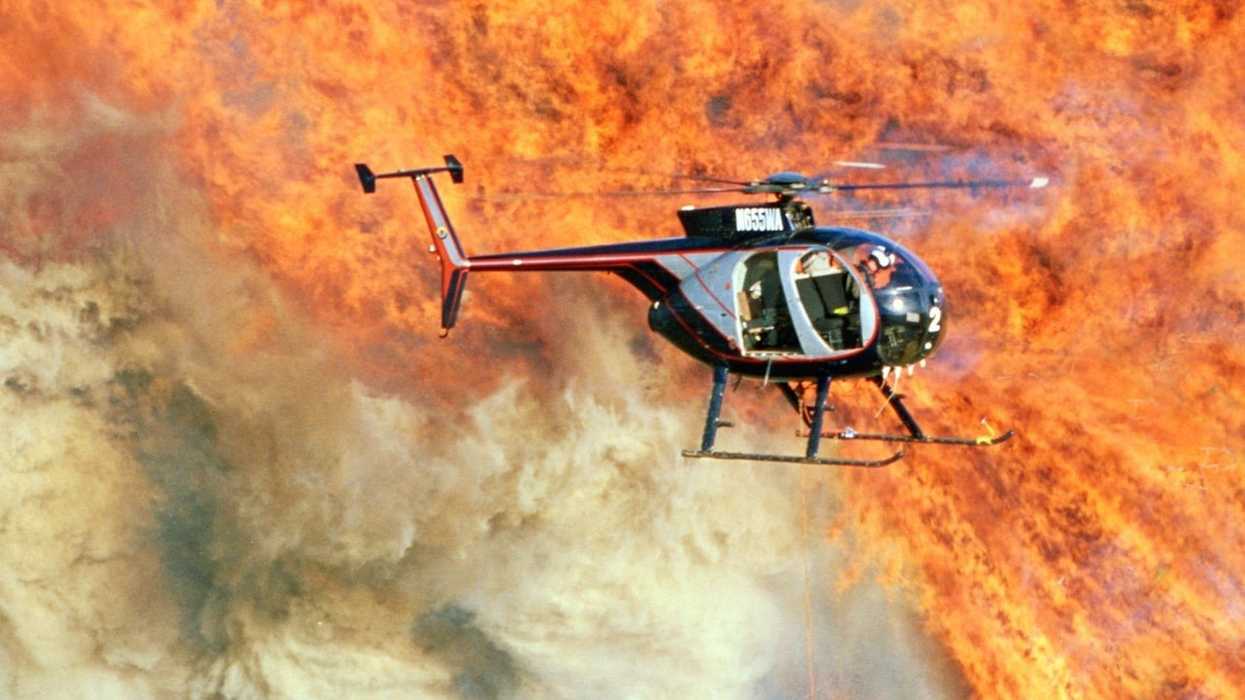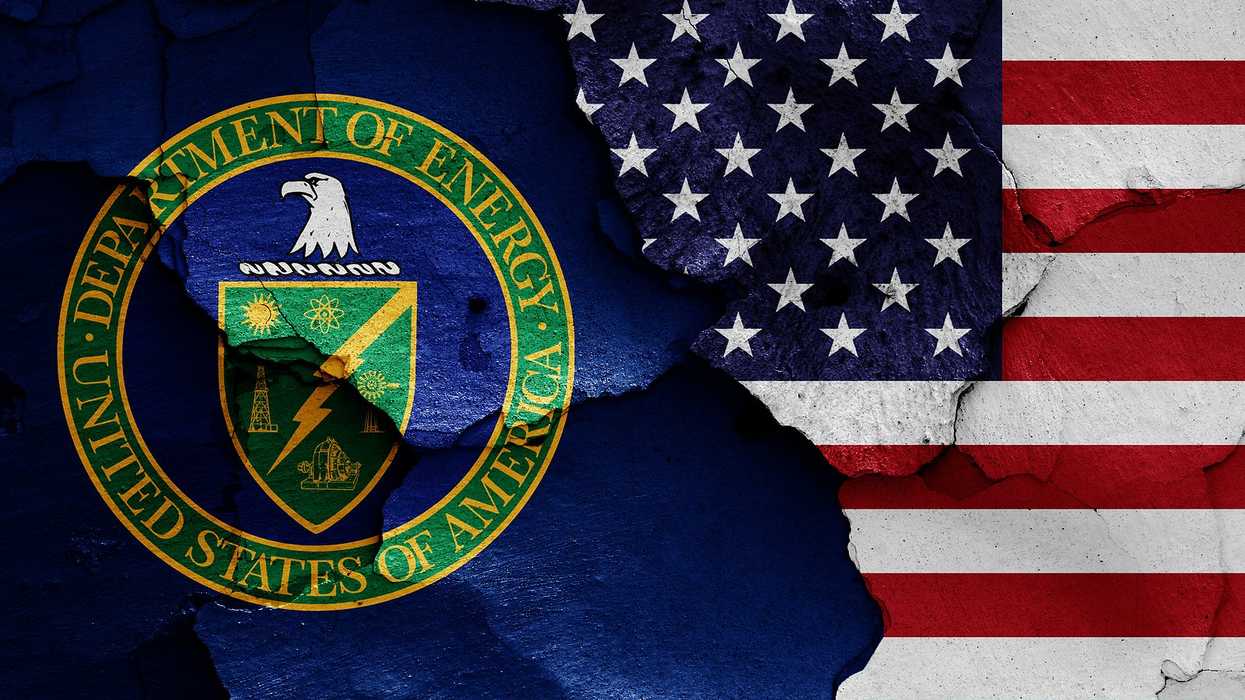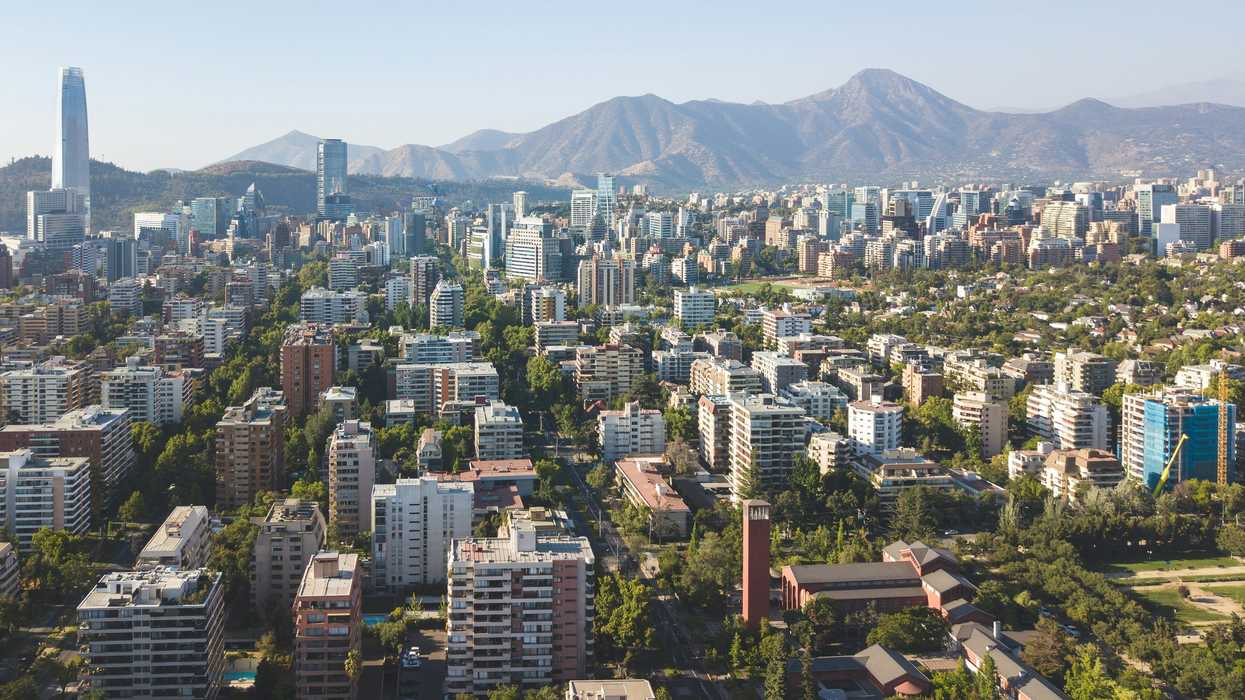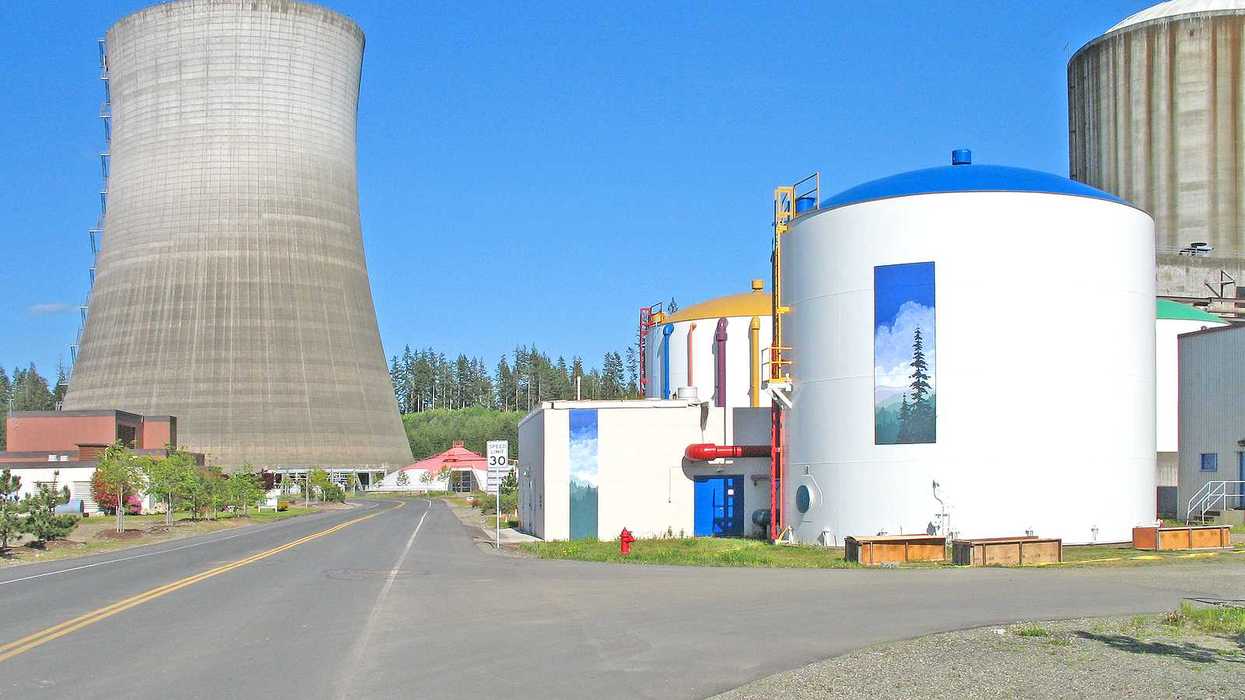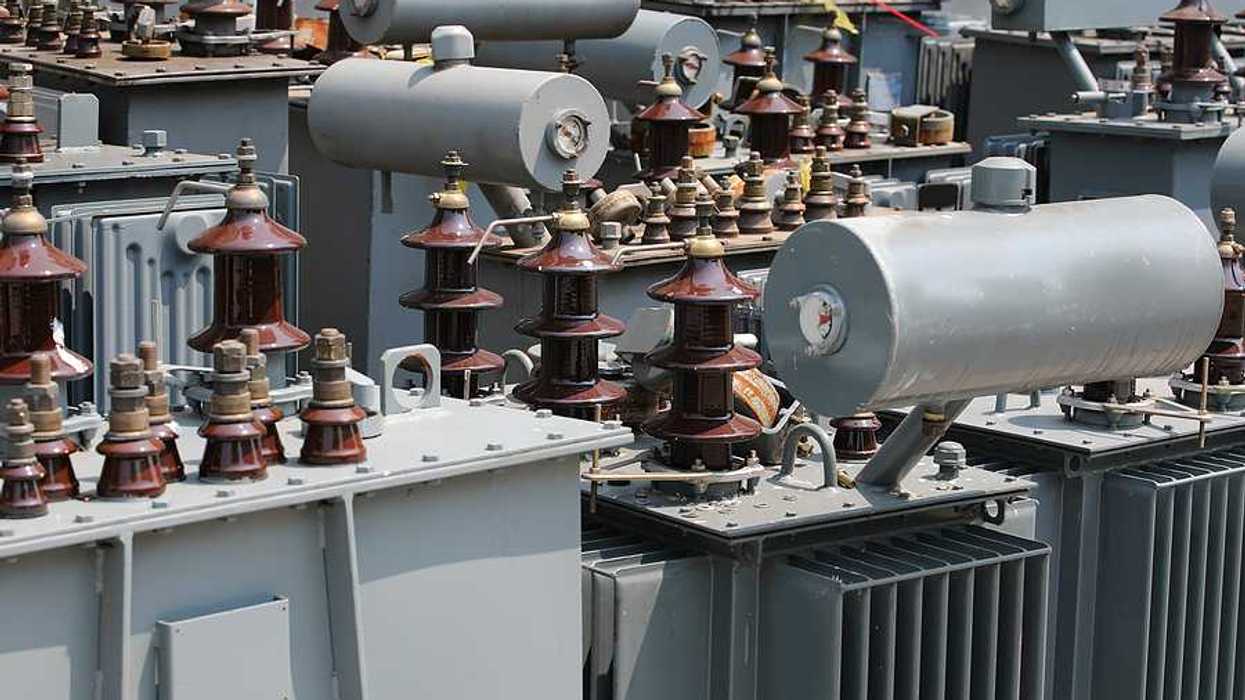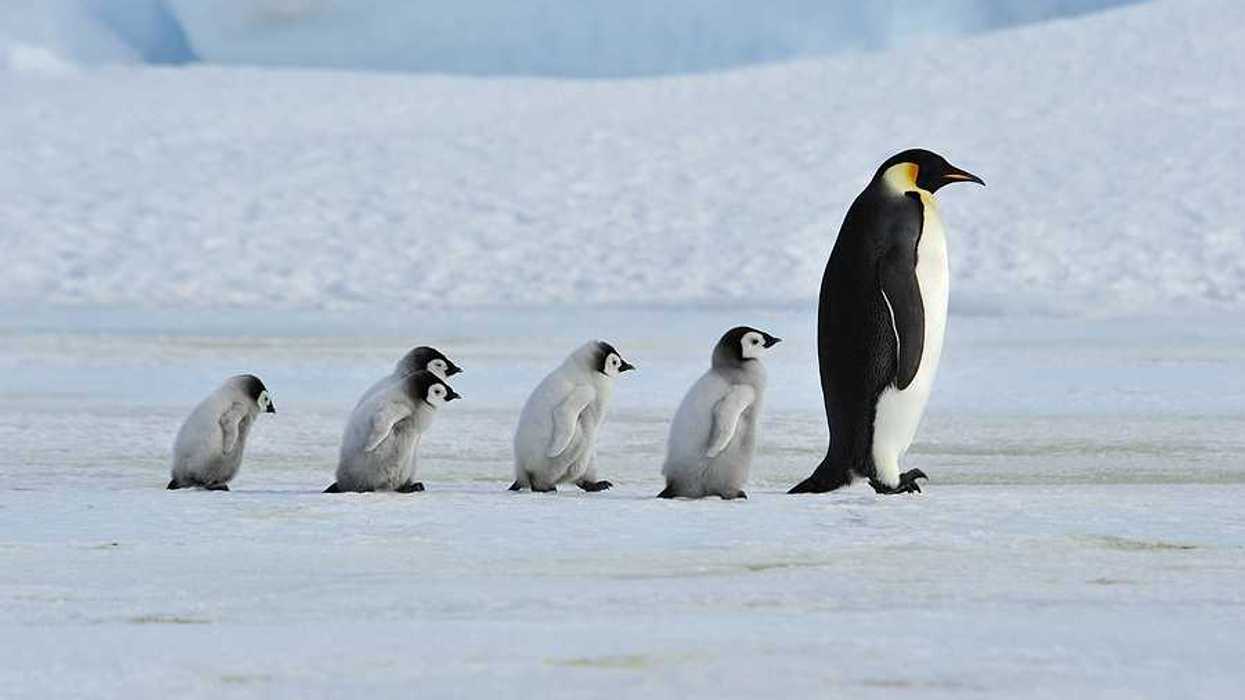Colorado lawmakers are considering a bill that would require employers to provide shade, heated areas, and water to protect workers from extreme heat and cold.
Sara Wilson reports for Colorado Newsline.
In short:
- House Bill 25-1286 would mandate shade or heated shelters for outdoor workers at specified temperatures, along with access to water and scheduled rest breaks.
- Supporters argue the bill is necessary as climate change intensifies heat and cold risks, while opponents say it duplicates existing Occupational Safety and Health Administration (OSHA) regulations and could disrupt work schedules.
- The bill, backed by labor and advocacy groups, faces opposition from industry organizations and will have its first committee hearing on March 13.
Key quote:
"Employers should provide essential and basic protections to workers, like shade, water, and warming shelters. These are not luxuries. These are common-sense necessities to protect the health and even to save lives."
— Alex Sánchez, president of Voces Unidas
Why this matters:
Extreme temperatures pose serious health risks, from heat stroke to frostbite, especially for outdoor workers in industries like construction and agriculture. Heat is the deadliest weather-related hazard in the U.S., and climate change is expected to make extreme conditions more frequent. While OSHA has guidelines, enforcement varies, leaving many workers vulnerable; this bill could set a precedent for stronger protections nationwide.
Learn more: Trump administration halts federal workplace heat protections


